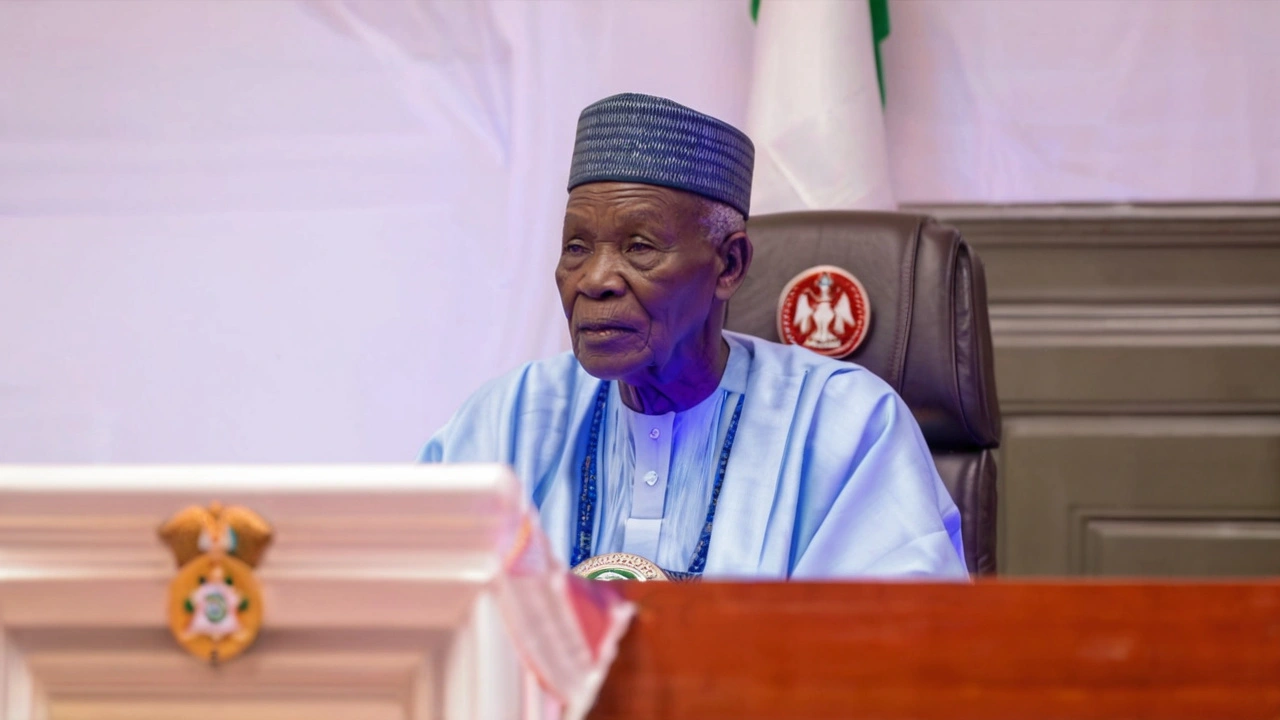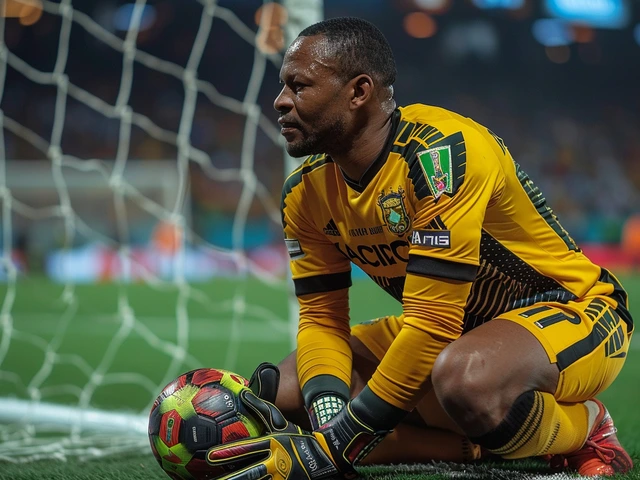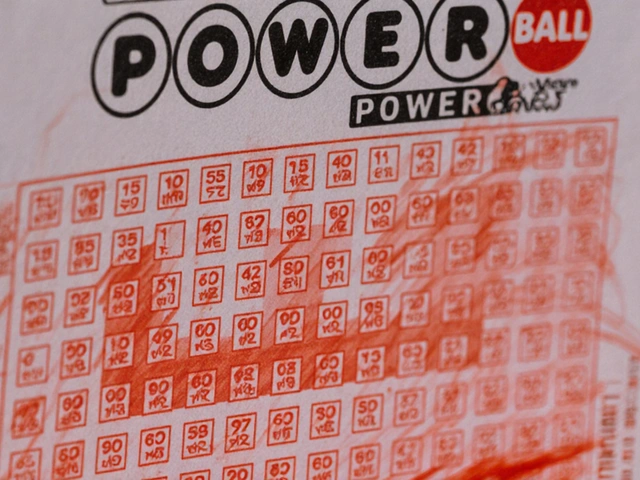Judicial enquiry: a practical guide for readers
Wondering what a judicial enquiry actually does and why people keep asking for one? A judicial enquiry is an official fact-finding process led by a judge or legal team. It looks into serious public matters — like political scandals, large accidents, or alleged state failures — and produces a public report with findings and recommendations.
These enquiries matter because they create an official record. They can name facts, identify responsibility, and suggest legal or policy fixes. They don’t always bring criminal charges themselves, but their reports can prompt prosecutions, reforms, or new laws.
How a judicial enquiry works
Usually, a government or court sets up the enquiry and appoints a chair — often a senior judge. That person gets terms of reference: clear questions the enquiry must answer. Hearings may be public or restricted, witnesses give sworn evidence, and lawyers cross-examine those witnesses. The enquiry gathers documents, expert reports, and sometimes forensic evidence.
Expect a timeline: initial setup, evidence collection, public hearings, draft findings, and a final report. Timelines vary — some enquiries finish in months, others take years. The report will state facts, assess whether rules or laws were broken, and recommend actions for authorities or institutions.
What a report can and can’t do
Reports can shame officials, force policy changes, and guide prosecutions. They make it harder for issues to be ignored. But an enquiry cannot itself jail people or pass new laws — those steps need courts or parliaments. Also, governments sometimes ignore recommendations; a strong civil society and media pressure help push follow-up.
Want a quick example? Calls for accountability over Nigeria’s 1993 election annulment and other high-profile events often push for formal enquiries to establish an official version of events. When reports are clear and public, citizens and watchdogs can hold leaders to account more effectively.
How can you follow or use an enquiry?
First, check official government or court sites for hearing schedules and report releases. Local broadcasters and reliable news sites usually live-report key hearings. Read the executive summary first — it gives the main findings in plain language. If you’re an activist or journalist, use the report’s recommendations to push for concrete actions: petitions, parliamentary questions, or legal steps.
Have rights as a witness or interested party? You can often apply to give evidence or submit documents, but rules differ by country. Legal advice helps if you’re directly involved or worried about defamation or confidentiality rules.
Bottom line: a judicial enquiry is a powerful tool for clarity and accountability, but its impact depends on public attention and political will. Watch for clear terms of reference, open hearings, and a readable final report — those are signs the enquiry can make a real difference.
A prominent media group has asked President Bola Tinubu to start a judicial enquiry into revelations about a significant scam involving NNPC and the World Bank. The group's letter claims this is the biggest scam in recent African history. Their aim is to uncover the truth and ensure accountability, believing the scam is a deliberate effort to hinder Nigeria's economic growth.





